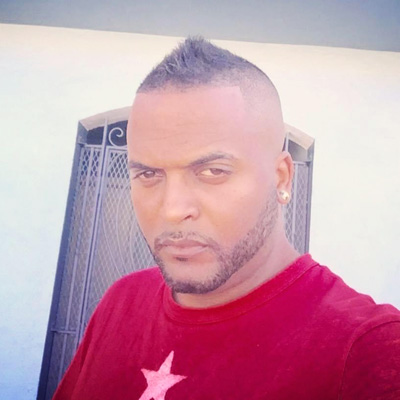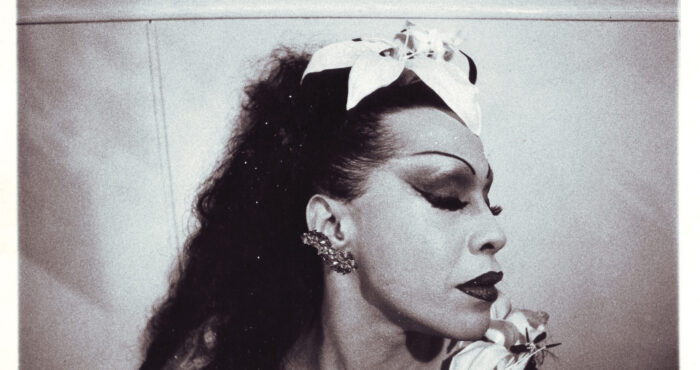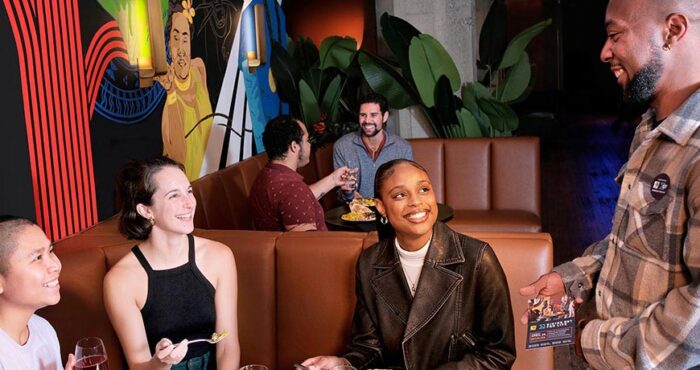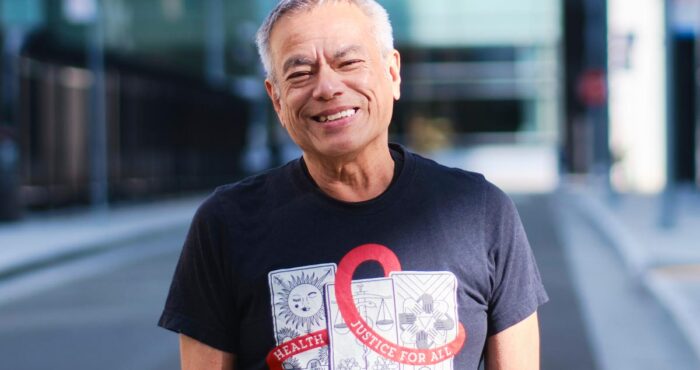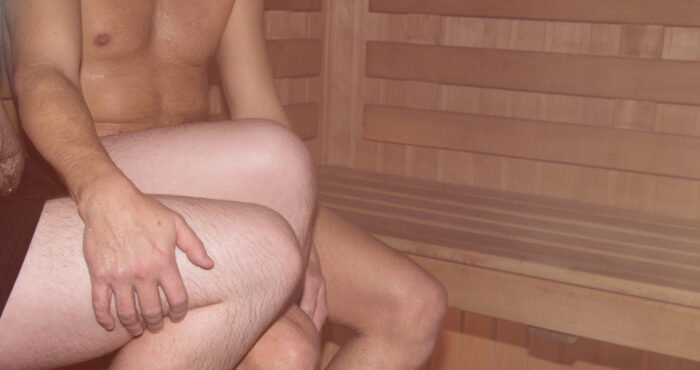When I was in my early twenties I never thought much about the linkages between my racial/ethnic identities and my sexuality as a gay man of color. I had many experiences within the gay community of San Francisco where I grew up. The neighborhood (Bayview/Hunters Point) where I came of age was predominantly African American. I attended Catholic schools from K-12th grade. I don’t know how many times I was called a “nigger” or a “faggot” in school. I don’t remember how many times my different, mixed-race looks were called into question.
I never quite fit into queer spaces or a singular ethnic community because I was either outright rejected because I was a man of color, I was objectified for being “exotic,” or I didn’t fit neatly into racial norms that society places onto different bodies. I wore cowboy boots. I bumped Celia Cruz and Tupac and Zydeco music and En Vogue. When you don’t follow racial scripts and perform the way others want then people don’t know in what box to put you.
The intergenerational trauma that mixed-race, Afro-Indigenous peoples go through is painful. People don’t think there is such a thing as a Black Indian. And while both Black and Indigenous peoples are erased from both queer communities and mainstream public health we are also (as we always have) finding our own ways to fight against oppression and invisibility.
When I was 27 and diagnosed with AIDS I was in utter shock. I realized I never thought much about HIV or queerness being linked with race because I never felt that the LGBTQ community was a safe space for Black and Indigenous peoples. I thought I was going to die. I had 35 T-cells and my viral load was 500,000. The pneumonia I had was one of the primary causes of death due to AIDS- related complications. I survived.
Really though as I think back, what I want to underscore is that we Black, Indigenous and queer folks are doing more than surviving and being resilient. As we face unequal access to quality health care services, as we deal with therapy models that continue to re-victimize people, we are finding ways to thrive.
To thrive or enact thrivance means to turn our traumas and vulnerabilities into moments and possibilities to change our lives. AIDS changed my life. Shortly after my diagnosis and release from the hospital, I attended a Pipe Ceremony led by a friend and Medicine person from the Navajo/Dine Nation. That night he told me, “There’s a lot of people out there going through what you are going through. Young people who are discriminated against who have no voice. You can help by telling your story. Those are your brothers and sisters. Your community is your medicine.” I have carried his words with me over the past 18 years. “Your community is your medicine!”
So today as a university professor, public speaker, and community member working in Black and Indigenous and queer communities to bring about greater justice, I am reminded that what we need today is not allyship. We need kinship. We need folks to be with us every day not just when it’s the popular time to show support or to throw up a BLM sign in a queer storefront or a black profile image on social media.
No! I need you to be medicine. I need you to act like a relative that cares every day. I need you to call out the on-going over-representation of Black, Indigenous, and trans folks of color in the AIDS epidemic as well as in almost every public health area today from heart disease and diabetes to the over incarceration and violence happening to Black and Indigenous peoples. I need you to do the work and not ask us to do the work because since this country was first colonized, people of African and Indigenous descent have been screaming to you about what the problems have been. Now we need meaningful change and that includes in queer spaces whether it be at a Pride event or through your work with public health agencies.
People especially in the past few weeks are trying to understand racism and demonstrate in often performative ways that they are in solidarity with Black people. I want folks to see the connections and the everyday ways that racism produces violence against Black and Indigenous people in this country.
When we think about the earliest origins of Pride celebrations which are being commemorated (albeit mostly in virtual online spaces due to COVID-19) this month, we must not forget that this wasn’t about celebration–it was about liberation, uprisings, and fighting police brutality. All of the gains that LGBTQ and queer people benefit from today are a result of those early struggles led by Black, Indigenous, and trans folks of color. It’s not just about pride. What’s pride got to do with it when not all of us are free? What’s pride got to do with it when we need a national action plan in LGBTQ2S (Two-Spirit) communities to address anti-Black, anti-Indian racism and erasure in queer spaces and organizations?
The concept of “Pride” itself is a privilege. Assuming it is enough to simply “come out” and “be proud” and that things will “get better” or that as we integrate into mainstream norms like marriage that we are now somehow “free” is deeply problematic. Pride erases Black and Indigenous peoples. Sure, we have had grand marshals and other spaces for Black and Indigenous and Two-Spirit folks in these parades, but again how are we centering the demands for access to housing for all, to healthcare, to free education, to economic resources?
So, I want to call on the LGBTQ community to not be an ally or an accomplice. To be an ally implies that we have created an alliance where I do something for you so you will later do something for me. And an accomplice implies that we are helping one another commit a crime. What we are doing I hope is creating community and building solidarity and kinship ties so that we can all thrive.
We can start by truly centering Black and Indigenous and Two-Spirit and trans people in organizations, as board members, as leaders and not just symbolic gestures around Pride or ethnic-based history months. I want us to do this work every day. So today I ask you if you are reading this to please write down a personal solidarity and kinship statement for the liberation of Black and Indigenous queer people in this country. Encourage others to write and carry these statements and commitments. You don’t need to post or share because it’s NOT about you. It’s about all of us. So, carry it in your heart. Carry it in your words, and most importantly carry it in your actions. Be medicine. Hiwew (thank) relatives.






